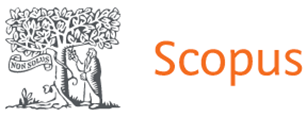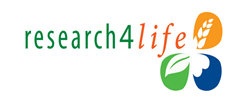Differentiation in the Process of Learning English by Future Ship Engineers
DOI:
https://doi.org/10.15330/jpnu.11.3.108-116Keywords:
multilevel learning of English, individualised tasks, differentiated approach, testingAbstract
Traditional methods of teaching English do not always allow us to consider the individual characteristics of future ship- engineers, their learning pace, cognitive styles and level of training, which can lead to the loss of motivation to learn and failure to master the material in full. The article substantiates the basic principles of differentiated learning (variability of tasks, frontal work, pair/group, and independent assignments). The research describes multi-level tasks for groups, considering different levels of English language proficiency. It is emphasized that differentiated learning contributes to the development of various skills important for ship's engineers, such as critical thinking, solving professional problems, high-level English for communication in an international crew, teamwork, etc. The author emphasizes the need to plan tasks for each stage of the lesson for groups with different knowledge bases and levels of training. It is important to anticipate possible difficulties that students may encounter in mastering the material and to use differentiated individual tasks in the classroom system. The advantages of differentiated learning are revealed: considering the individual characteristics of students, increasing motivation to learn. The disadvantages are also pointed out, since differentiated learning requires considerable effort and time from the teacher to plan classes, prepare various materials and tasks. Criteria for assessing the knowledge and skills of future specialists are proposed, since students of different groups perform different tasks and study according to different programs when learning maritime English. It is emphasized that the systematic use of different types of exercises for a particular group, taking into account the topic, stage of study and didactic goals, is optimal for improving the assimilation of knowledge of students











